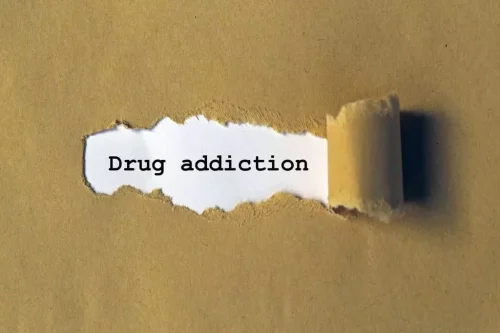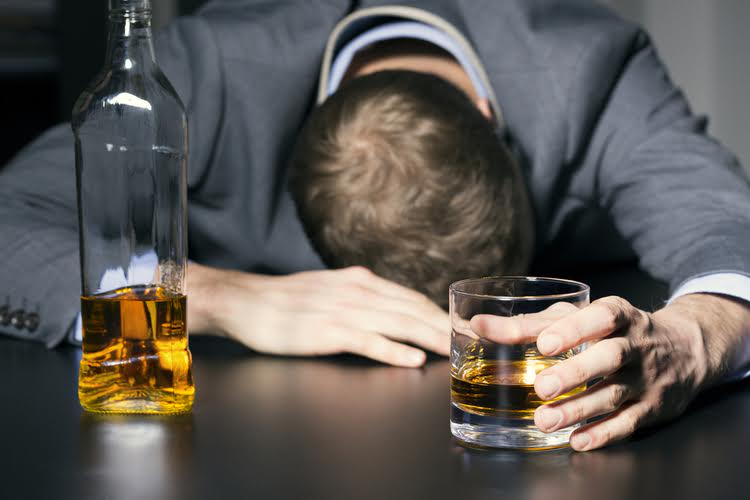Researchers noted this effect varied depending on the type of tea a person drank. Additionally, the American Heart Association states that the idea that red wine is good for the heart may be untrue. The organization suggests the results of studies that report the heart benefits of red wine may instead have a basis in lifestyle factors other than alcohol. According to the CDC, the reported health benefits of moderate alcohol consumption may be inaccurate.
The impact of high blood pressure and risk factors
Drinking alcohol to excess can cause other serious health conditions, such as cardiomyopathy (where the heart muscle is damaged and can’t work as efficiently as it used to) and arrhythmias (abnormal heart rhythms). And sure, we’ve all had a night here or there where we’ve had one too many and we know it. But it’s important to make sure those nights of overindulgence are the exception and not the rule.
“As you grow older, health problems or prescribed medicines may require that you drink less alcohol or avoid it completely,” the Institute says. Studies have shown that a good percentage of people who drink alcohol also smoke, which can raise blood pressure as well. “Those who drink heavily are three times as likely to be hypertensive” as those who abstain. It may affect the level of the medicine in the body or cause more side effects. We are also moderately certain that high‐dose alcohol decreased blood pressure within six hours, and the effect lasted up to 12 hours. Heart rate increased significantly after alcohol consumption and remained increased at all times measured.
There were risks for misclassifications, and it is possible that some participants changed alcohol consumption amounts during the follow-up time. The study also didn’t look at how different types of alcohol influenced blood pressure. Some data relied on self-reporting; further data could include more diverse samples.
Keeping blood pressure within a healthy range can reduce the risk of adverse health outcomes. Many factors can increase someone’s risk for high blood pressure, also known as hypertension. However, researchers are still seeking to understand the full impact of certain risk factors. Completely refraining from consuming alcohol lowers the risk of some of the health risks listed above. Although some of those effects can occur without alcohol consumption, avoiding alcohol helps decrease the risks. A slower metabolism also plays a role, as do medications — prescription, over-the-counter, even herbal remedies — that are common among older people.
- If you already have high blood pressure, NSAIDs can prevent several common meds such as ACE inhibitors and diuretics from doing their job.
- Revenues from pharmaceutical and biotech companies, device manufacturers and health insurance providers and the Association’s overall financial information are available here.
- However, there were far fewer studies that focus on African Americans for the researchers to review, and more research may be needed.
- Here is how drinking levels are defined according to the National Institute on Alcohol Abuse and Alcoholism.
Effect of alcohol on blood pressure
The Office of Disease Prevention and Health Promotion notes that people between the ages of 18 and 39 years who are not at risk of hypertension should have their blood pressure checked by a doctor at least every 3–5 years. Blood pressure is the pressure the blood exerts as it pushes against the artery walls. Some studies suggest low amounts of alcohol may lower blood pressure.
Read on to learn more about alcohol and blood pressure, as well as what drinks may benefit a person who has hypertension and when to talk with a doctor. Each study had to meet strict eligibility criteria, allowing researchers to focus on participants with no previous history of cardiovascular disease. Working with your cardiologist and focusing on your lifestyle – like the foods you eat, exercising, and avoiding alcohol – are key, Goldberg says. Some people may also need medication to help manage their blood pressure. Heavier drinking (binge drinking) can also bring on a first episode of arrhythmia; once this has happened for the first time, you’re at an increased risk in the future.
Prolonged activation of the SNS can contribute to health issues like high blood pressure. If you already have high blood pressure, your doctor may have advised you to drink alcohol in moderation and cut back on your overall alcohol intake. A person can speak with a qualified healthcare professional if they find it difficult to reduce their alcohol intake. A healthcare professional can help a person find treatment and support to help them stop drinking or lower their intake. A study from 2023 found that tea consumption could help reduce a person’s risk of hypertension by 10%.
More on Hypertension
The last thing you want is for that casual drink after work or glass of wine at dinner to negatively impact your heart health. There’s a way to have a healthy, balanced relationship with alcohol that lets you enjoy a drink occasionally and celebrate with friends and family. But your heart is an important organ that should also be cared for, so be sure to drink in moderation, learn about binge drinking and know what your body can (and can’t) tolerate before opening that tab. That fourth drink at the bar may feel like it’s relaxing you, but it’s actually affecting your body differently than you might think. Alcohol can affect your blood pressure, causing it to go up temporarily.
We included 32 randomised controlled trials involving 767 participants published up to March 2019. Although these trials included adults from 18 to 96 years of age with various health conditions, most study participants were young healthy males. The source of funding was not reported for is baclofen habit forming a majority of the studies.
This increases the sensitivity of the blood vessels to compounds that constrict them. This measurement takes into account the systolic blood pressure and the diastolic blood pressure. When you drink alcohol, it can lead to an increase in sympathetic nervous system (SNS) excitability. When the SNS is stimulated or “activated” due to stress or alcohol intake, it works harder than usual. “Some of the new diabetes medications have a diuretic effect, and that could cause dehydration” in people with diabetes, Vaishnava says.















